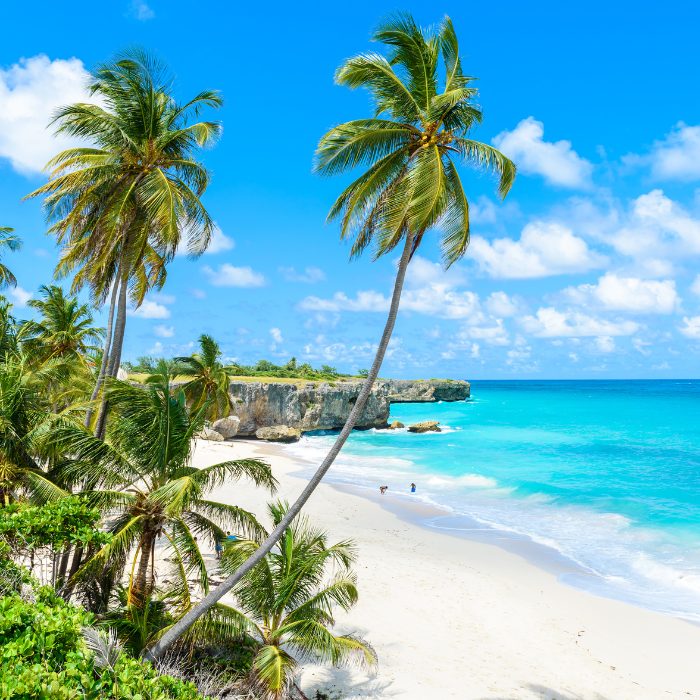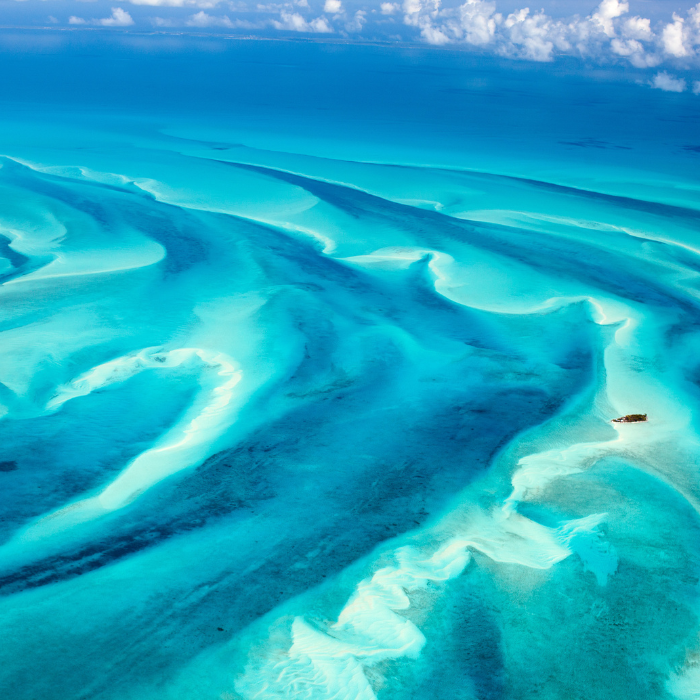EXPLORE
St. Eustatius
St. Eustatius is a hidden gem, home to some of the healthiest coral reefs – making for incredible diving opportunities – mountainous terrain for hiking and forests filled with diverse flora and fauna. The island’s distinguishing feature is a volcano known as ‘The Quill’, which is over 600m high. The volcano is covered with a diverse range of flora, and its photogenic symmetrical cone shape makes the whole island look like something from the pages of a storybook. Relatively unknown to many travellers, St Eustatius is the ideal Caribbean destination for those looking to get away from it all.


Our Curated Portfolio


Weather
The beginning of the year is the coolest, with lows of 23°C and highs of 28°C in this quarter of the year. These months also experience the least rainfall.
Best Time for Outdoor Activities and Nature Exploration
23 - 28°C
AVG Temperature
7-9 HRs
Sunshine
1-1.5"
AVG Monthly Rainfall
26°C
AVG Sea Temperature
St. Eustatius becomes hotter in the spring and early summer months, with an average temperature of around 27°C. There’s slightly more rainfall in the spring, with the wet season officially starting in June.
Best Time for Water Sports and Exploration
27°C
AVG Temperature
6-8 HRs
Sunshine
2-3"
AVG Monthly Rainfall
27-28°C
AVG Sea Temperature
These are the hottest months of the year, with an average temperature of 28°C and highs of 31°C. Rainfall increases as the wet season reaches its peak in autumn.
Best Time for Indoor Activities and Cultural Exploration
30°C
AVG Temperature
5-7 HRs
Sunshine
3-5"
AVG Monthly Rainfall
28-29°C
AVG Sea Temperature
Temperatures start to fall again in autumn and winter, from 27.5°C in November to around 25°C in December. With the most rainfall in October, there are fewer rainy days as winter approaches.
Best Time for Lush Landscape Exploration and Mild Weather Activities
25-27.5°C
AVG Temperature
6-8 HRs
Sunshine
1-4"
AVG Monthly Rainfall
28°C
AVG Sea Temperature


Geography
St. Eustatius is a tiny island, only 10km long and 5km wide. Saddle-shaped, the island is situated just above the larger island of St. Kitts and Nevis in the Lesser Antilles. Though an island made primarily from volcanic rock, it is covered by a shallow layer of marine limestone. St Eustatius’ highest point, known as The Quill – the island’s distinguishing feature – is a stratovolcano forming the centre of the St. Eustatius’ national park.


History
The first inhabitants of St. Eustatius are thought to have been the Caribs, a branch of the Arawak people indigenous to Venezuela. It’s unclear whether Christopher Columbus first saw St. Eustatius on one of his voyages to The New World in 1493 or whether Sir Francis Drake was the first to record the sighting in 1595. St. Eustatius was captured, recaptured, and exchanged 21 times between the Dutch, British, and French. Trading has always been important here, and the island became the original duty-free port in 1756, using its deep harbour and commercially useful location. Its early success made it one of the busiest ports in the world at the time. Referendums in 2000-2005 had all the islands of the Netherlands Antilles vote on whether to leave the grouping and their association with the Netherlands. Only St. Eustatius voted to remain, becoming a special municipality of the Netherlands.






